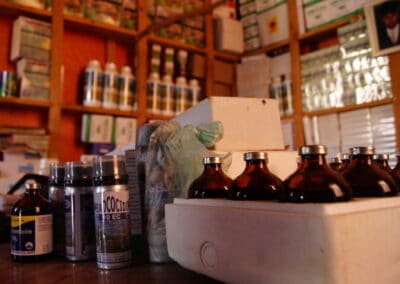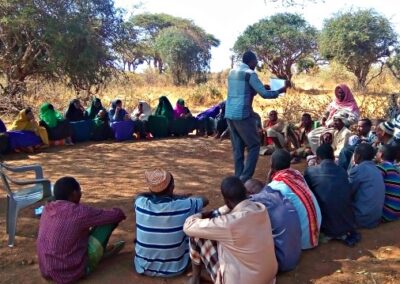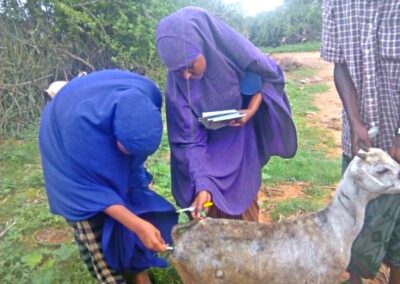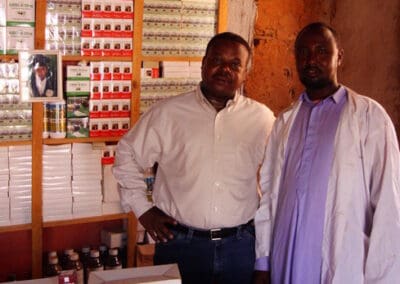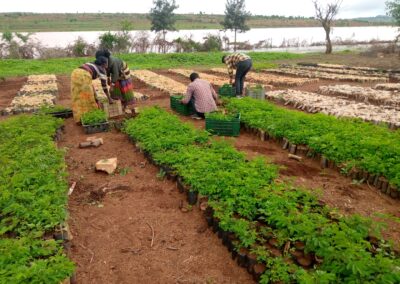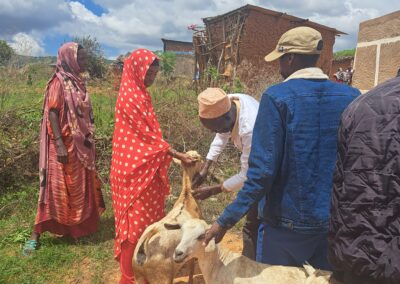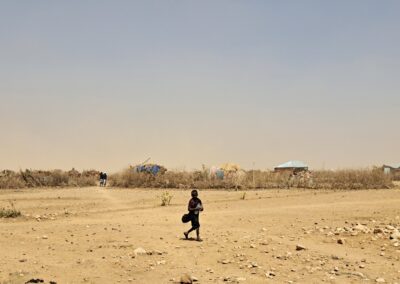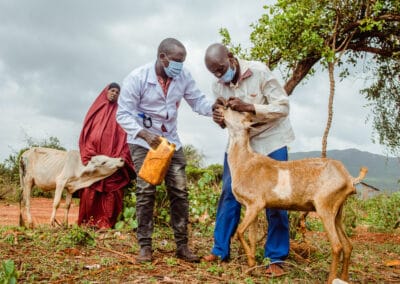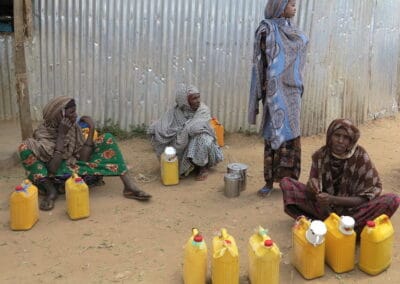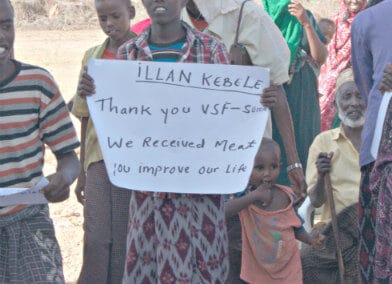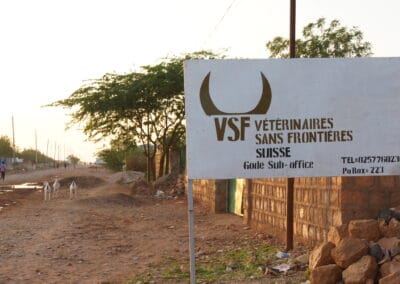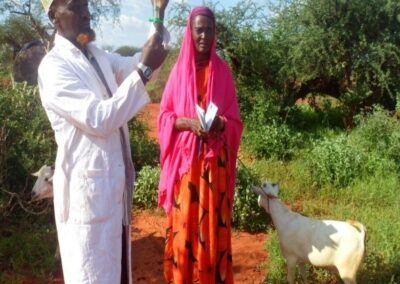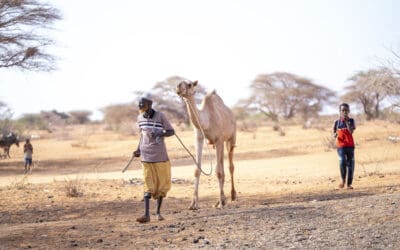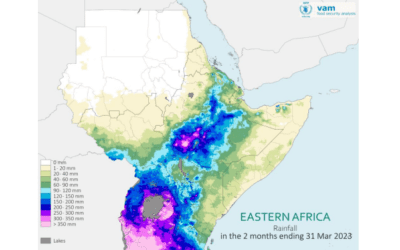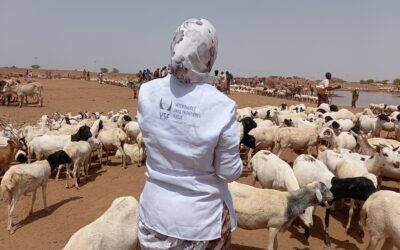Building Resilience in Drought Prone Areas (Project BRIM Phase II)
Project Overview
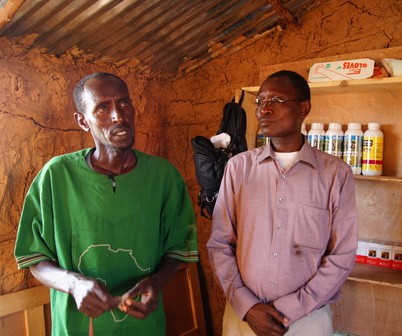
Country
Ethiopia
Project name
Project status
Completed
Duration of the project
| Start: | 01.04.2015 |
| End: | 30.09.2016 |
| 17 months |
Budget
Donors
ECHO
Project area
Topics
Tags
Background
Liben zone is located in low land and characterized by arid climatic conditions. Various assessments revealed that drought is the major hazard in Liben zone. Droughts became frequent and severe in this region due to climate variability. The rainfall pattern is unpredictable and unreliable, and as a result it is challenging for the people to make proper planning and adaptation strategies.
The project focuses on women as main beneficiaries. They are the most at risk groups to droughts as they have very limited access and control over resources.
Project:
The project is a multi sector intervention aimed at building the resilience of drought affected pastoral, agro-pastoral and dry land farming communities in the Liben zone Each action is designed to contribute to the overall objective to improve resilience to climate related shocks and reduce the level of reliance on external humanitarian assistance.
Several new underground watertanks and rainwater harvesting facilities were constructed. Some villagers were trained to manage those water ressources: They decide how much water is for the people and how much for the animals, and they are responsible that there is enough water during arid times Pastoralism is the main stay of the economy, and livestock play an important role in economic, social, and cultural life of the people in the Liben zone. Therefore an important part of the project is the training of veterinaries and animal health workers, as well as the increase of access to animal drugs.
To guarantee a steady income for the communities that isn’t dependent on agriculture and therefore the climate, four new VICOBAS («Village Community Banks») were implemented. A group of women receives a seven day training where they learn book-keeping, business development skills, etc. After that they develop a saving and loan setting for their village. The group meets on a weekly basis to discuss their major issues, the conditions, and plans. .
VSF-Suisse has established a very firm foundation of collaboration with local government, customary institutes, community members, and other NGO operating in Liben Zone of Moyale and Mubarak woredas . This guarantees smooth implementation of the anticipated project and ensures sustainability.
Further projects in the country
Finished Projects:
.
Camels against climate change: celebrating the international year of the Camelids
The still young year is to be all about camelids. This was decided by the United Nations. The aim is to raise awareness of how important camelids are for the livelihoods of many people - and will become even more important in the future in view of the rapid...
Horn of Africa: from drought to flooding
Rainfall in parts of the Horn of Africa. © WFP After dry and hot weather conditions in January and February and a corresponding prolongation of the drought in the Horn of Africa, seasonal rains from March to May started on time in equatorial areas of the region and...
Working against drought and hunger in Ethiopia
Pictured: A community animal health worker trained by VSF-Suisse vaccinating goats in Ethiopia. © VSF-Suisse © VSF-Suisse The severe drought and the resulting food crisis continue to threaten human and animal lives in the Horn of Africa (we reported)....

